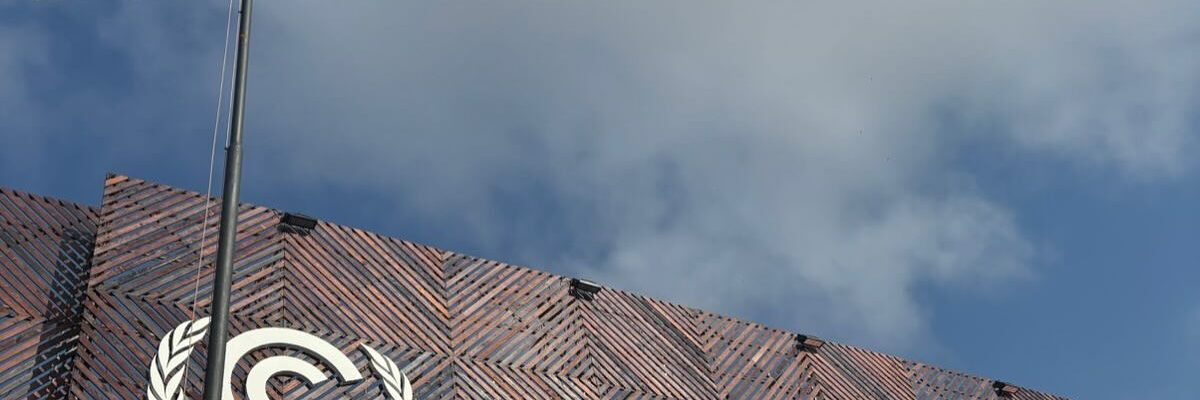

On October 28, Hurricane Melissa changed the lives of many Jamaicans. In less than 24 hours, a tropical storm exploded into a historic and one of the most powerful Category 5 hurricanes ever.
Minister of Water, Environment, Climate Change, and the Blue and Green Economies, Matthew Samuda, detailed during his address at the COP30 UN Climate Change Conference in Brazil that hundreds of thousands were displaced and critical infrastructure was destroyed.
“Storm surge reached 13 feet and rainfall in the central highlands surpassed 30 inches within hours. This is the new face of climate change. Scientists have confirmed that the conditions driving Melissa’s rapid intensification were made six times more likely because of human-induced warming,” Samuda said.
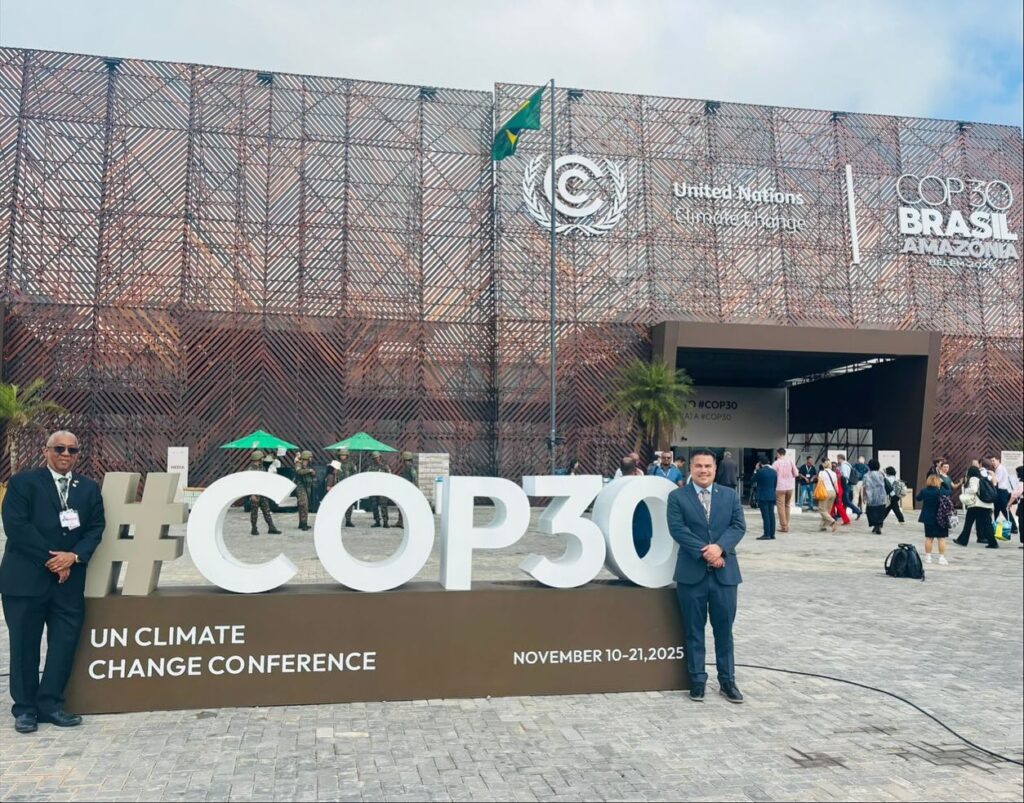
He outlined that, sadly, extreme events are becoming the new norm and announced that preliminary estimates place damage around US$10 billion, or approximately a third of Jamaica’s GDP.
“No small island state can absorb losses of this magnitude. Excellencies, Jamaicans are resilient. But resilience must not be defined as surviving the unbearable. We did not create this crisis, but we refuse to stand as victims. We choose action.
“Long before Melissa, Jamaica invested in preparedness. As examples, we developed one of the world’s most advanced disaster risk financing strategies, including a sovereign catastrophe bond renewed with the World Bank in 2024. We have submitted our enhanced NDCs (Nationally Determined Contributions). We have advanced our LTS (Long-term Strategies) for a low-carbon, climate-resilient future,” he continued.
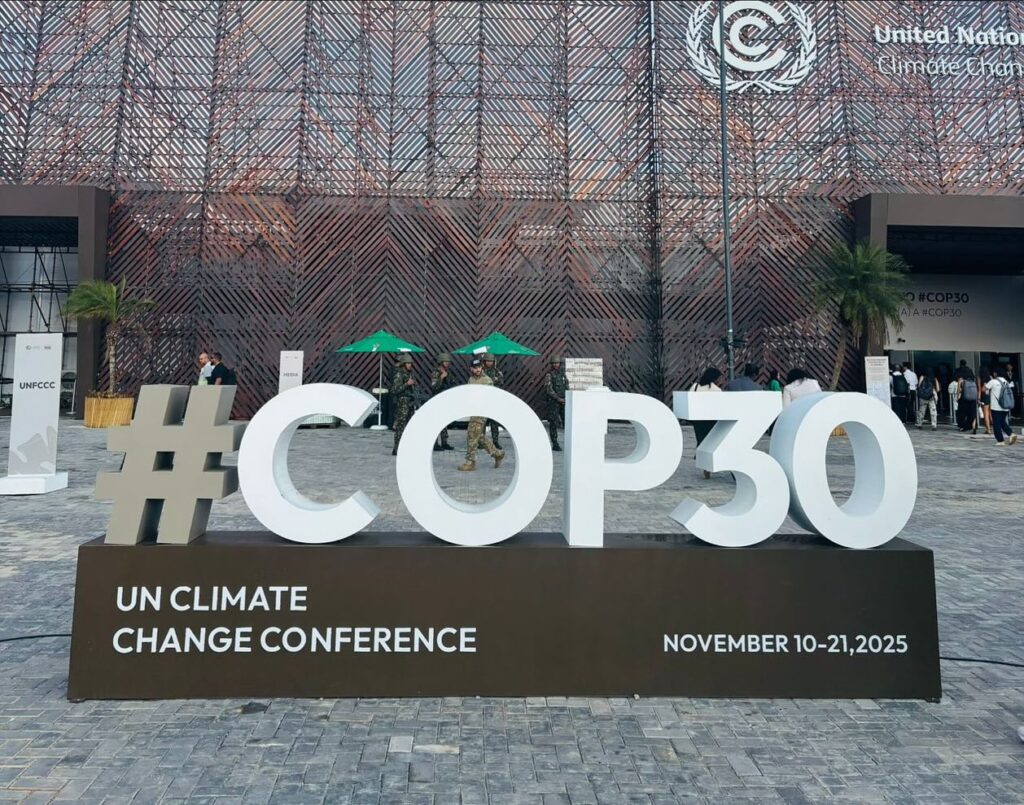
He also detailed that the government is now finalising its national adaptation plan. “These are not small steps for a small island, but instead acts of courage and foresight. We thank the international community, CARICOM, and the United Nations Secretary General for their solidarity during this time.
“But solidarity must extend beyond sympathy. We welcome the Fund for Responding to Loss and Damage (FRLD), and for us, access is not charity, but indeed climate justice. We urge all developed countries to contribute to the fund meaningfully, so that frontline countries can recover and rebuild stronger,” the minister added.
Samuda stated that the establishment of this Fund justifies Jamaica’s call for its management via a World Bank facility. He urged that this model should serve as a guiding example when structuring the approach for other funds within the financial mechanism. “Excellence, the other storm is already forming. Our only defence is ambition, financing, and collective will. We call on the global community, especially major emitters, to honour their commitments and safeguard the 1.5 degree threshold. For Jamaica, this is survival. It’s about our people and their right to a safe and prosperous future,” he concluded.

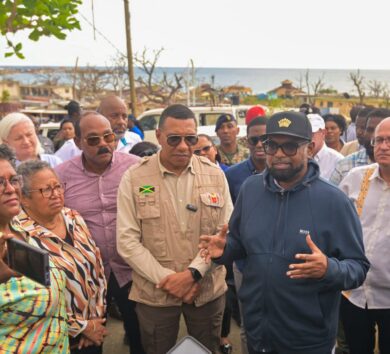


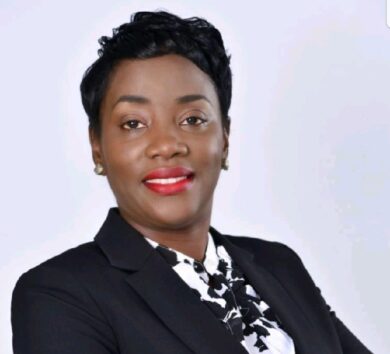
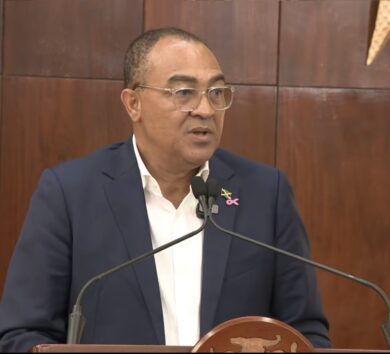
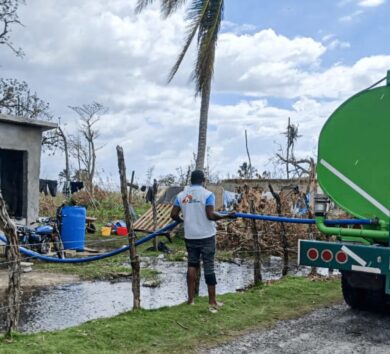
Comments